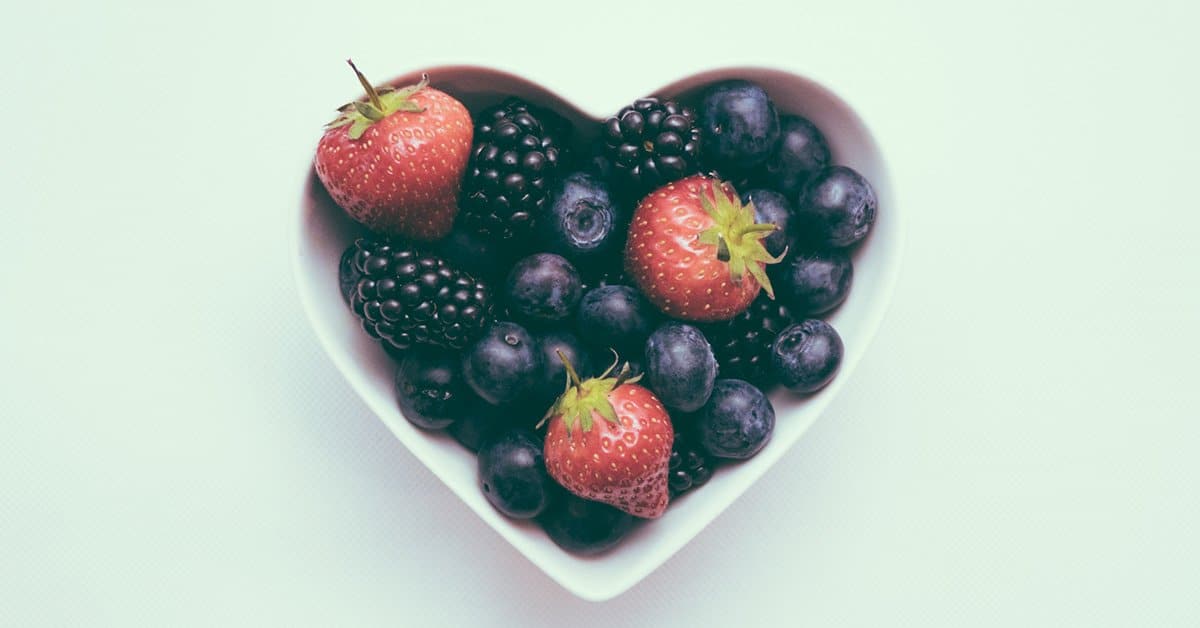In recent months, we’ve been bombarded with information about how to keep ourselves COVID-free. By now, you know the drill—wash your hands, wear a mask, don’t touch your face, sanitize all surfaces—it’s all excellent information, and people need to understand it. What we’ve seen less of, but which is no less important, is how to keep our bodies and minds healthy during COVID.
The Importance of Good Nutrition
During the lockdown, it’s easy to lose sense of things: nutrition, exercise, mental stimulation, emotional regulation. After the initial shock, many of us have settled into a strange sense of comfort with this new routine. But that doesn’t mean it’s a good one.
We have to keep our bodies healthy because good health means increased immunity levels. Especially within vulnerable communities like IDD individuals, a compromised immune system can be risky.
A strong immune system is just one piece of the puzzle that is overall health. The healthier you are, the less at risk you are for catching the virus, and this is especially important for those with disabilities and chronic illnesses or conditions.
Let’s take a look at ways to stay healthy and nourish our bodies during this difficult time.
Develop Healthy Habits
Eating habits have done a 180. With so many folks lacking a structured regimen, we sometimes find ourselves eating at strange times, ordering in more than usual, and snacking due to boredom. Conversely, if you’re busy with work, maybe you’re foregoing cooking in lieu of fast, low-effort solutions.
Here are some tips to give your routine a boost:
- Always eat breakfast. Eating a good breakfast not only strengthens your immunity and promotes healthy weight management, but it can also boost your mood – something we all need right about now! Make sure you get plenty of fiber and protein. Nuts, seeds, eggs, fruit, and muesli are all great ways to accomplish this.
- Don’t skip meals. Skipping meals can lead to imbalance in your diet and is actually a significant risk factor for hormonal imbalance and weight gain. Beans, lentils, vegetables, and whole grains provide the basis for a well-rounded meal.
- Be mindful when reaching for snacks. It’s easy to binge on unhealthy treats when you’re not paying attention. Choose healthy alternatives, like fresh fruits and raw veggies. Drink lots of water, and don’t overindulge on caffeinated beverages like coffee and tea, or liquids that are high in sugars, like soft drinks, sports drinks, and juice.
IDD Specific Nutrition Tips
The suggestions above are pretty good advice for anyone who wants to achieve a healthy, balanced diet. But for some folks living with intellectual and developmental disabilities, there are specific limitations when it comes to mealtime.
Genetic disorders may cause difficulty with healthy weight management and obesity. An individual may have trouble holding utensils or be unable to swallow or digest meals properly. These are factors that can disrupt nutrition for IDD individuals.
To ensure they are eating a well-balanced and healthy diet, some IDD folks may benefit from the support of a Registered Dietician or Nutritionist, either full or part-time. A nutrition specialist will not only help with feeding, but can also create learning programs and structural supports for the IDD individual, their caregivers, and loved ones.
During the COVID lockdown, staying safe means making sure that you’re eating right too. The better your nutrition is, the safer, healthier, and happier you will be.
To learn more about how we support IDD individuals and those who care for them, reach out today.
Photo by Jamie Street on Unsplash.

































































